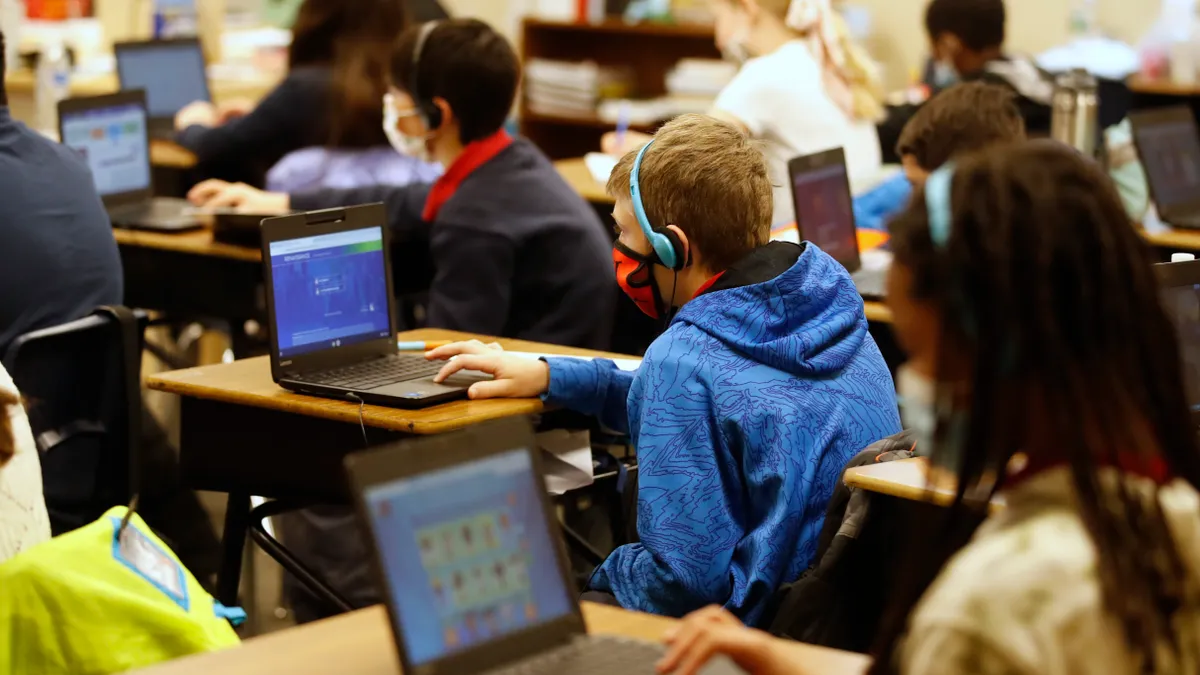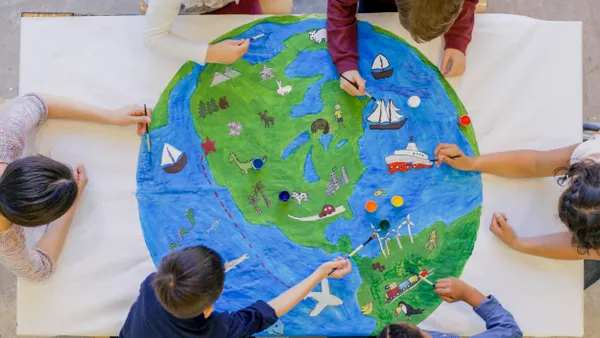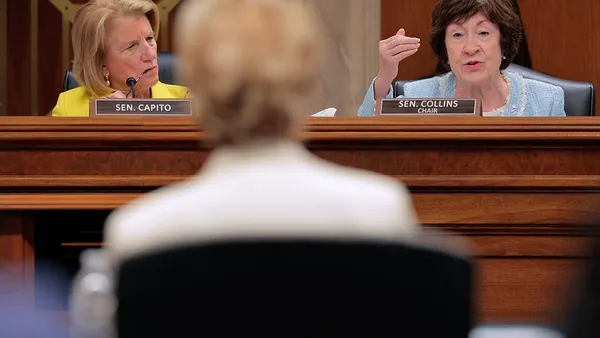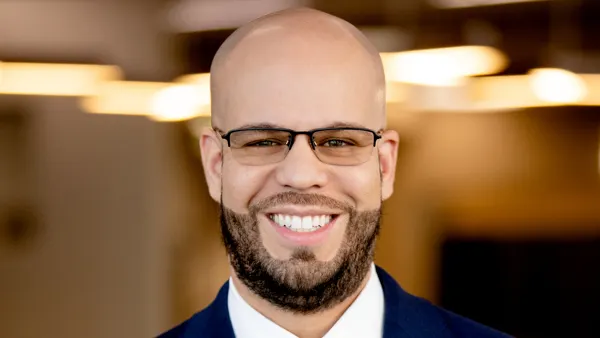Dive Brief:
-
The pandemic has created a general appreciation for K-12 education as an essential service to society, but divisiveness over mask mandates, vaccines and other COVID-19 responses threatens to pull school communities and state-district relationships apart, said panelists who spoke at a Wednesday webinar hosted jointly by the Harvard T.H. Chan School of Public Health and Harvard Graduate School of Education.
-
To heal those fractures, communities need to recognize the importance of schools’ roles in supporting the holistic development of students; the strain schools are under to respond to student trauma and academic needs; and the need to listen to and address people’s concerns, said the panelists, who were all educators and leaders at Harvard University.
-
As the pandemic has dragged on, schools’ safety precautions regarding masking have sparked legal challenges in various states, federal civil rights investigations and heated debates at school board meetings. To help mend the polarization, schools should consider making personal connections with those who have concerns, as well as emphasize that everyone wants the same thing — to keep students safe, said Meira Levinson, professor at Harvard’s Graduate School of Education.
Dive Insight:
As more students attend in-person learning this school year during the ongoing public health crisis, safety policies may change as more is known about the pandemic. Instead of those changes causing more division, they can be used to build trust and initiate honest conversations to keep children healthy, said Natalia Linos, a research scientist and executive director of the FXB Center for Health and Human Rights at Harvard University.
“I think we need to recognize that schools can't solve for this alone,” she said.
Children younger than 12 are not yet eligible for a COVID-19 vaccination. According to the American Academy of Pediatrics, as of Sept. 9, 5.3 million children have tested positive for COVID-19 since the start of the pandemic. From Sept. 2-9, more than 243,000 pediatric cases were added, making it the second-highest number of child cases in a week since the pandemic began.
Josephine Kim, a senior lecturer at Harvard Graduate School of Education, said children need to see models of adults productively problem solving together. Compassion for students, educators and families who have been disproportionately impacted by the pandemic also needs to be elevated, she said.
“I would say let's teach in ways that really utilize student voices, their languages, the cultures that they're bringing in, and their identities as foundations for their learning,” Kim said.
About 46,000 children in the United States have lost a parent due to COVID-19, said Bridget Terry Long, dean of the Graduate School of Education, who moderated Wednesday’s discussion.
A recent report by MissionSquare Research Institute says polling of 493 K-12 public school employees found while 61% said the pandemic has made the public more aware of the importance of the work they do, 47% said they felt working in-person was very or extremely risky. Polling also showed 90% of school employees are concerned about students falling behind as a result of the pandemic.
Rivka Liss-Levinson, senior research manager at MissionSquare Research Institute, said in a statement that school employees are feeling stressed, anxious and burnt out.
“There are no easy answers, but officials would benefit from focusing on what K-12 employees say will make their workplace better: addressing health and safety concerns, issuing bonuses or raises and providing flexibility,” she said.
Going forward, the Harvard panelists also suggested school communities focus on supports for students with disabilities; validating the variety of concerns about instruction during the pandemic; and balancing the mental health and academic needs of students.
“We have to recognize that getting students into school safely serves them and their families and their communities,” Levinson said.













